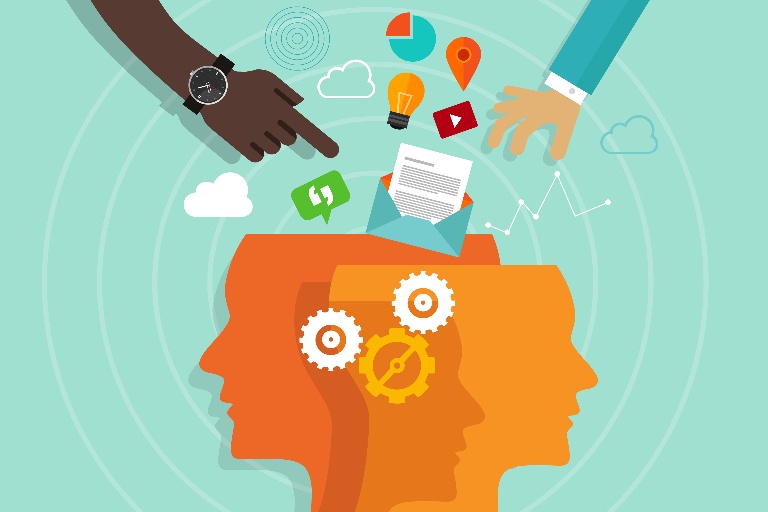The significance of rationality and logic in human history cannot be overstated. These two cognitive tools have been central to the development of our species and have shaped the course of our history. This essay explores the importance of rationality and logic, how they developed historically, the advantages they conferred to those who embraced them, the dangers of irrationality, and how we can nurture these essential qualities in our lives.
I. The Importance of Rationality and Logic
Rationality and logic are fundamental components of human reasoning, enabling us to make sound judgments, solve problems, and reach well-founded conclusions. By applying rational and logical principles, we can critically assess information, separate fact from fiction, and overcome cognitive biases. These skills allow us to better understand the world, make informed decisions, and ultimately, improve our lives and societies.
II. Historical Development of Rationality and Logic
The roots of rationality and logic can be traced back to ancient civilizations, such as the Greeks, who laid the groundwork for modern philosophy and science. Philosophers like Socrates, Plato, and Aristotle championed the value of reason and logic, and their teachings continue to influence contemporary thought.
Throughout history, rationality and logic have played critical roles in the development of various fields, including mathematics, science, and engineering. The scientific revolution, in particular, was marked by a shift towards evidence-based reasoning and logical inquiry, which led to groundbreaking discoveries and technological advancements.
III. Advantages of Being Rational and Logical
Individuals and societies that value rationality and logic enjoy numerous advantages. Rational and logical thinkers are better equipped to analyze complex issues, make informed decisions, and solve problems effectively. These qualities also foster intellectual curiosity, critical thinking, and skepticism, which are essential for continuous learning and personal growth.
Moreover, rationality and logic enable societies to develop more efficient systems, from democratic governance to market economies. They promote social cohesion by encouraging reasoned debate, cooperation, and the pursuit of common goals, while reducing the influence of superstition, prejudice, and misinformation.
IV. The Dangers of Irrationality and Illogic
Despite the clear benefits of rationality and logic, humans are often susceptible to cognitive biases and irrational behaviors. These tendencies can lead to poor decision-making, increased conflict, and the spread of misinformation. Irrational beliefs, such as superstitions and conspiracy theories, can erode trust in institutions and create divisions within society.
Furthermore, the absence of rationality and logic can lead to destructive ideologies, such as fanaticism, and impede scientific progress. It is crucial that we recognize these dangers and strive to cultivate rationality and logic in our personal lives and public discourse.
V. Cultivating Rationality and Logic
To become more rational and logical, we must invest in education, critical thinking, and self-awareness. Developing these skills requires deliberate practice and a commitment to intellectual humility. We should be open to questioning our beliefs, challenging our assumptions, and learning from our mistakes.
Additionally, fostering rationality and logic necessitates a supportive environment that encourages open discourse, constructive debate, and the free exchange of ideas. By embracing these principles, we can create a more rational, logical, and enlightened society, ensuring continued human progress and prosperity.
Conclusion
Rationality and logic have been indispensable to human progress throughout history. By cultivating these essential qualities, we can unlock our full potential, improve our decision-making, and promote a more enlightened society. Recognizing the dangers of irrationality and illogic is crucial in order to mitigate their negative consequences. By embracing reason and logic in our personal lives and public discourse, we can ensure the continued advancement of our species and create a brighter future for all.
